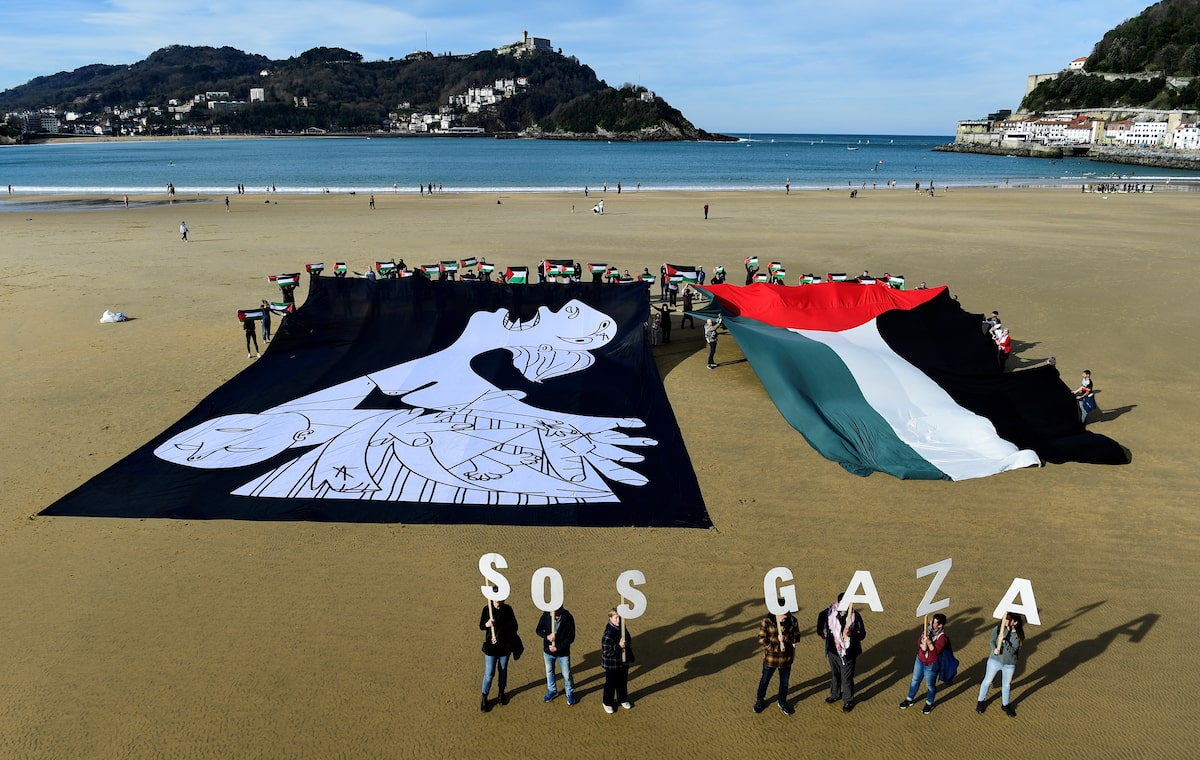




The recent conflict in Gaza has not only resulted in physical destruction and loss of life but has also had a profound psychological impact on both Western and Islamic societies [bf0fc1dd]. David P. Goldman, in his analysis for Tablet Magazine, explores the psychological and historical dimensions of the reaction to the conflict in Gaza [bf0fc1dd]. He draws parallels with historical events and philosophical inquiries into the nature of suffering and morality [bf0fc1dd]. Goldman argues that Islamist terrorism employs horror to destabilize the moral framework of post-Christian societies, targeting their vulnerabilities [bf0fc1dd]. He suggests that the West's reaction to the Gaza conflict is influenced by a deep-seated fear of extinction, resonating with both post-Christian and Islamic societies [bf0fc1dd].
Goldman also examines the unique position of Jews and Israel in this context [bf0fc1dd]. He argues that their resilience and continuity challenge the existential anxieties of a world grappling with the concept of mortality and the search for meaning beyond material existence [bf0fc1dd].
The conflict in Gaza has evoked horror and outrage in Western societies, as highlighted in an op-ed titled 'Americans, Please Help End the Gaza War' by Yoni Kallay, Zehava Chen-Levy, Gad Levy, Hadar Iron, Ra'anan David, and Assaf Oron [7b79aad4]. The authors express their horror and outrage at the acts of Hamas and other militants during the Israeli-Arab war, criticizing the Israeli government's response and its exploitation of the war for political gain [7b79aad4]. They call on President Biden to take effective steps to stop the bloodshed and criticize the lack of attention and action from Daily Kos and the Democratic leadership [7b79aad4].
In another perspective, an article by Olivia Turner titled 'Guilt may be good if it helps Gazans' explores the ongoing war in Gaza between Israel and Hamas [54154836]. Turner expresses a sense of guilt and empathy for the suffering of innocent Palestinians [54154836]. They believe that feeling guilt is a good thing as it shows compassion and care [54154836]. The author also highlights the concerning desensitization of society to such violence [54154836]. While individuals may feel powerless to stop the conflict, the author encourages collective efforts such as writing to Congress for a cease-fire, supporting Palestinian-owned businesses, and spreading awareness [54154836].
The conflict in Gaza has also had an impact on the literary world, as seen in the retraction of an essay by Joanna Chen in Guernica Magazine [5e4f7aa4]. The essay, titled 'From the Edges of a Broken World,' explores the author's principles and feelings of fear, inadequacy, and split allegiances in the aftermath of the conflict [5e4f7aa4]. The retraction of the essay and the subsequent resignations highlight the polemical and moralistic approaches to literature in elite American literary outlets [5e4f7aa4]. The incident raises questions about censorship and the silencing of voices in the Israel-Hamas war [d09504f3]. The author of an opinion piece in The Globe and Mail argues that art about the Hamas-Israel war is urgently needed and should not be covered up [d09504f3].
The conflict in Gaza continues to evoke strong emotions and reactions, both in the affected region and around the world. It raises complex questions about morality, suffering, and the search for meaning in the face of violence and destruction.